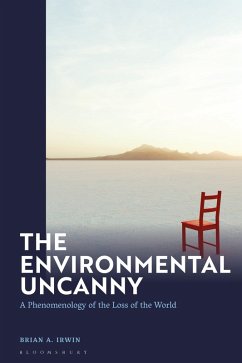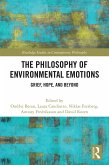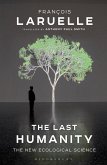The Environmental Uncanny argues that the increasing destitution of our world is the result of a certain forgetfulness: we have forgotten that the basis of our knowledge is not calculative reason, but our participation in the natural world. The modern built environment is exemplary of this forgetfulness, and induces an uncanniness that can help us to understand the nature of our environmental crisis. This book offers a unique interdisciplinary perspective on the global environmental crisis. Ranging from traditional phenomenology, including substantial discussion of both Merleau-Ponty and Heidegger, to philosophy of biology, to architectural and urban design theory, to landscape photography, it makes illuminating connections to paint a multifaceted picture. Tracing the root causes of dwindling biodiversity, deforestation and suburban sprawl, we can find how might we mark the path back toward a mode of rich inhabitation in a contemporary age. In charting out how it is that we are losing our world, Irwin offers a thought as to how we might regain it.
Bitte wählen Sie Ihr Anliegen aus.
Rechnungen
Retourenschein anfordern
Bestellstatus
Storno









